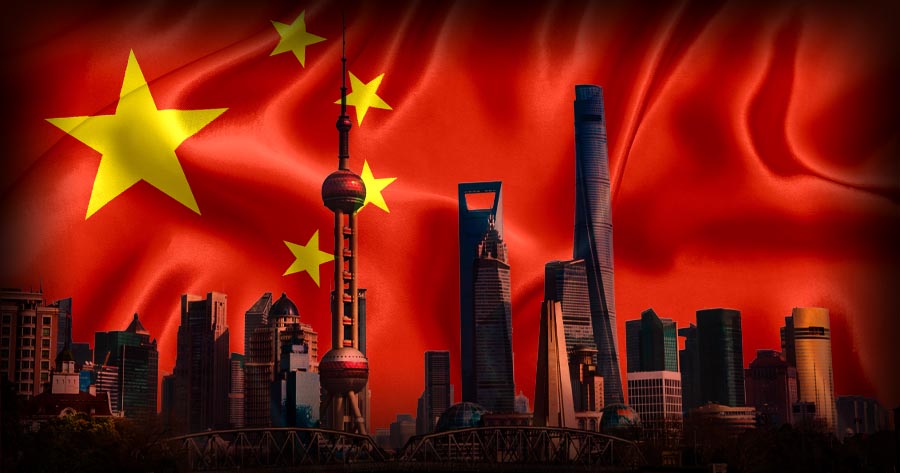China’s top legislative body is set to convene this week, under the looming uncertainties of the US Presidential elections, to finalize an ambitious fiscal stimulus plan. This package, estimated in the trillions of yuan, seeks to boost the national economy but may not entirely pacify jittery market sentiments.
In a meeting anticipated as China’s largest growth-stimulus initiative post-pandemic, the Standing Committee of the National People’s Congress (NPCSC) are likely to release extensive resources designed to alleviate burdens on regional administrations and replenish capital for state-run financial institutions, as sources from Goldman Sachs Group Inc. and HSBC Holdings Plc indicate.
However, the ongoing US election and the focus on urgent economic challenges facing China’s massive $18 trillion economy mean the details of measures supporting consumption may only emerge in the months to come. Policy-centric discussions in December or March could provide substantial insights into strategies to reboot consumer spending power – a critical factor in altering market sentiment.
Nicholas Yeo, the China equities head at abrdn, cautions that the government is unlikely to reveal a large figure without having concrete execution plans, indicative of their conservative approach to public spending.
Market uncertainties over the specifics of the fiscal support add to the challenges of traders, already grappling with major market fluctuations. Since September’s push to incentivize lending and bolster the stocks and property markets, Chinese markets have experienced significant volatility.
The results of the US election could potentially nudge Beijing to double down on boosting domestic demand, as threats of heavy tariffs on Chinese products loom with Donald Trump’s potential victory.
Leading economists from Goldman Sachs, Macquarie Group, and Nomura Holdings Inc. predict sizable support from legislators for at least 1 trillion yuan ($140 billion) worth of specialized sovereign bond issuance to fortify bank capital.
They also expect a green light, either in the short-term or in coming months, for an increase in local government bond sales to gradually replace the so-called hidden debts, with estimates ranging from 6 trillion yuan to 10 trillion yuan.
Nomura anticipates China’s fiscal stimulus package’s cumulative value to account for 2%-3% of the annual Gross Domestic Product (GDP) over several coming years. A Trump administration victory could potentially increase this value.
HSBC’s Herald van der Linde, the head of Asia-Pacific equity strategy, believes that the stimulus package’s specific size isn’t as crucial as the sectors on which it would focus. He hinted at possible emphasis on the property sector to stabilize growth and sentiment, and a potential thrust on bolstering consumption.
Efforts to increase state-owned banks’ credit offering capacity are also in the pipeline as the government seeks to encourage more lending at lower interest rates to aid the economy. This approach, however, has compressed profit margins to record lows, hampering their ability to augment capital from profits.
On the other hand, in response to the economic slowdown and prolonged property market slump, local administrations in China are reducing expenditures due to diminishing income from taxes and land transactions. Additionally, officials are wary of acquiring fresh debt to fund investments given declining profits and the urgency to adhere to President Xi Jinping’s campaign against undisclosed financial obligations.
The proposed debt swap program intends to transfer local governments’ concealed borrowing onto their official accounts, subsequently reducing interest expenditures. This arrangement, in turn, provides more repayment time to the authorities, freeing up resources to enhance regional spending.





